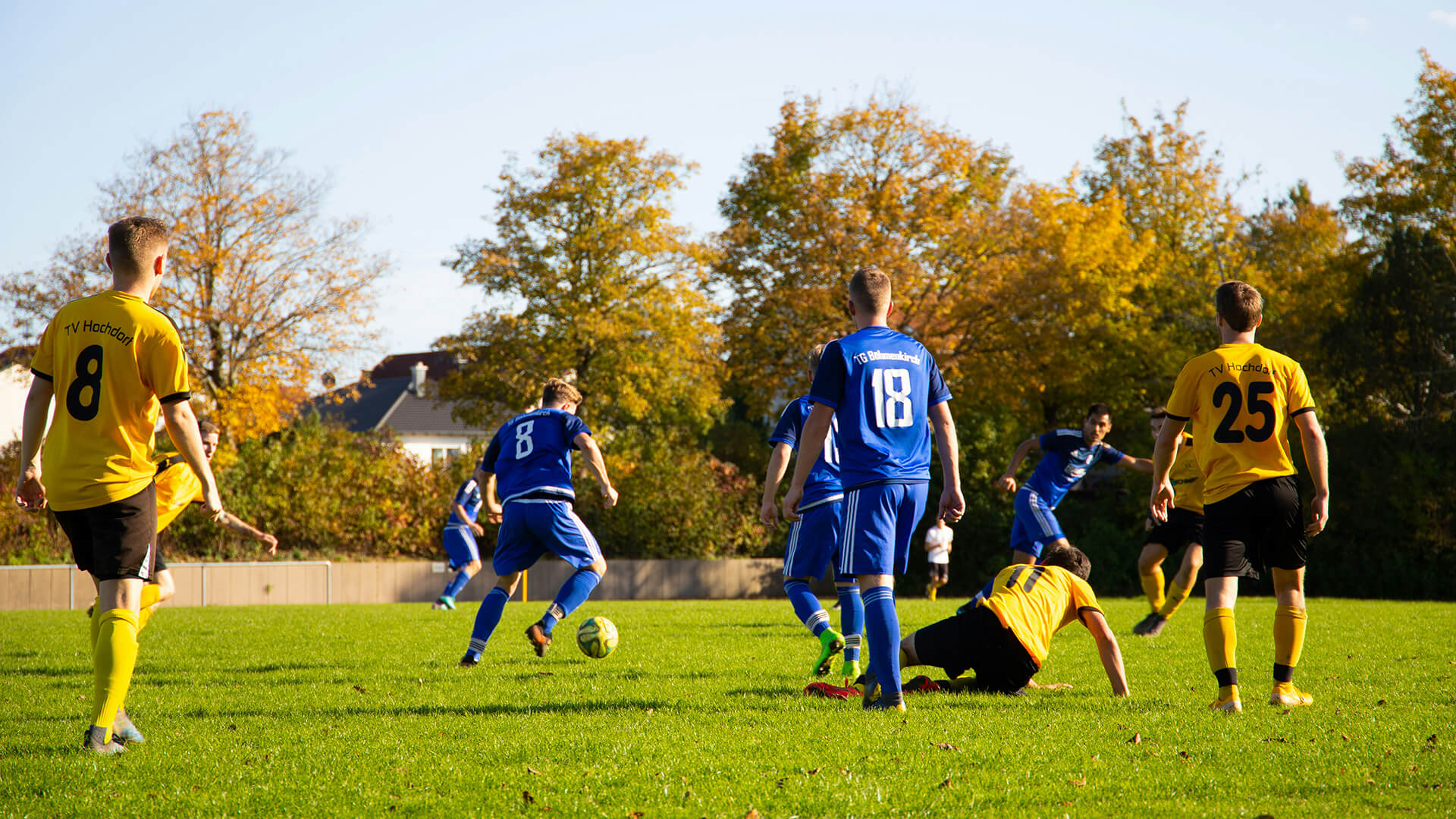Helsingin Sanomat published an article on September 1, 2019, titled “Mitä rikkaat todella ajattelevat?” which means “What Do the Rich Really Think?”. The article discusses a recently published and currently unique study in Finland, where Anu Kantola and Hanna Kuusela have examined the perceptions of the wealthiest one percent in Finland regarding politics, other Finns, and themselves. The study and its results have sparked considerable discussion, with some participants strongly believing that everyone is the master of their own fate. But is it really that simple? Do we all have the same opportunities to achieve a “good life”? Do we all truly have the same starting conditions in life?
My response is that the issue is significantly more complex. I came across a post on social media by Pia Koskikuru, the leading social worker in Vantaa, who challenges us to reflect on our starting conditions in life. Koskikuru asks, for instance, whether you were born wanted and expected, in a safe place where you received care? Did you have withdrawal symptoms at birth, were you harmed by your mother’s alcohol use?
When you were a baby, did you receive the care you needed? Were you smiled at, talked to, and held? How were your parents when you were small—did they manage to be safe adults for you? Were you comforted when you cried, did you laugh with them, and were you cared for when you were sick? Did you have a bed with sheets as a child? Was there food at home? Did your parents take you to the library, playground, or swimming pool? Did you have friends at school? Were you bullied? Did someone help you with your homework? Did you get to sleep through the night? Was your home filled with adults who drank, used drugs, or fought? Did you have to be afraid in your own home? Were you hit? Did you have to flee your home? Did you have hobbies? Were you able to go to a cabin, amusement park, or skiing?
Did your parents or another adult help you find a summer job? Could you afford to pay for a driver’s license or buy a car? When you moved out of home, did someone help you with the move? When your wallet and fridge were empty, was there somewhere you could turn for help? Did you have money, assets, or investments ready in your bank account?
Is everyone really the master of their own fate?
The questions are thought-provoking. How many of these questions applied to you as a child, and how many of them apply to your children? Next, imagine being born into a family where, for one reason or another, the parents lacked the resources to care for you and ensure your well-being, to provide a safe home and nurturing parenting. To offer you extracurricular activities, be present for you, help with your homework, or buy the necessary books for high school or vocational training. The situation cannot be blamed on parents who may themselves struggle with mental health issues, unemployment, or social exclusion. A child raised in such a family cannot be compared on the same level with a child who has received more support, more material well-being, and more social capital. So can everyone truly be the architect of their own life? Yes and no. Privilege is inherited, as is disadvantage. One of the major reasons for social inequality is the poverty experienced by families with children.
In Finland, 120,000 children live in poverty. The effects of poverty begin at a very early stage, during fetal development and infancy, when maternal stress affects the fetus’s brain by “programming” it to face an insecure environment. Various studies have shown that childhood poverty results in what is known as toxic stress after birth, which disrupts normal brain development and growth. This, in turn, increases emotional disturbances, creates difficulties in peer relationships, and leads to poor academic performance. All these factors heighten the risk of later social exclusion, mental health issues, substance abuse, and premature death.

Is everyone really the master of their own fate?
Many of the problems associated with poverty also have intergenerational effects. A person who has experienced severe poverty during their childhood may not have the conditions necessary for good parenting. The stress caused by poverty and the constant worry about making ends meet can narrow a parent’s thinking and attention, negatively affecting early interactions between the parent and child. Research indicates that early interaction and its quality are among the most important factors predicting a person’s happiness.

If we want to address poverty and inequality, we must invest in early support for children and families in at-risk groups and focus on preventative measures. Intervening only in adolescence, when the risk of social exclusion is already significantly higher, incurs much greater costs for society. Effective, research-based preventive work requires resources and financial investments, but these investments in resources yield significant savings later in life. Child welfare policies can impact the well-being of families with children, the future of these children, and, in the long run, the future of society as a whole.
A person is never solely responsible for the circumstances they are given in life. Unfortunately, the conditions one is born into largely determine the shape of their future. However, we can influence the future through societal and political decisions.
Next Item
The skill of listening and hearing
